-
Elevate Your Real Estate Game With Escalation Clauses
Are you a savvy homebuyer or seller in today’s competitive market? If so, you’ve probably heard about “Escalation Clauses,” the secret weapon that can help you seal the deal in a bidding war.
What’s an Escalation Clause?
An Escalation Clause is a powerful tool that can give you the upper hand in multiple offer situations. Essentially, it allows you to automatically increase your offer above competing bids up to a specified maximum amount.
Why Use an Escalation Clause?
1.)Beat the Competition: Stay ahead of rival offers without the hassle of continuous counteroffers.
2.) Show Seriousness: It demonstrates your commitment to securing the property.
3.) Competitive Edge: Sellers are more likely to choose your offer for its built-in flexibility.
4.) Transparency: The maximum amount is clearly defined, ensuring transparency in negotiations.
5.) It keeps money in your pocket. There’s no need to offer way over the asking price if you don’t know what the best offer is.
Tips for Success:
1.) Consult with your real estate agent: They can help you determine a suitable escalation amount.
2.)Set a Realistic Cap: Don’t stretch your budget beyond what you can comfortably afford.
3.) Keep Contingencies: Don’t compromise essential contingencies like inspection and financing.
4.) Craft a Compelling Offer: Strong financing and a clean, well-organized offer package can go a long way.
Remember, Escalation Clauses are a fantastic tool when used wisely, but they’re not always suitable for every situation. Consult with a real estate professional to decide if it’s the right strategy for your unique circumstances.
#RealEstateTips #EscalationClauses #HomeBuying #RealEstateAdvice
-
Money Saving Tips for 2023

Being an informed consumer and using your money intelligently can help you save thousands. No, I am not going to tell you to stop spending money on the $5 cup of coffee you get from Starbucks every day. I’m also not going to tell you to sacrifice the things you love. What I am going to tell you is how I’ve been successful in saving my own money and some of the tips and tricks I’ve discovered along the way.
Marketing and ease are the consumer’s worst enemies. There are people hired by large corporations with the sole purpose of finding ways to convince you, the consumer, to spend more on their products. Some companies go as far as hiring people with psychology degrees to tap into the neurological aspect of how and why humans spend their money. So, being aware of that can be the first step in keeping money in your pocket and achieving your financial goals.
Shopping in Bulk vs Shopping Smart
When people think about shopping in bulk, most think they are immediately saving more. Well, I’m here to tell you that that is not always the case. To further prove my point, I did a deep dive into a few major household items and their prices at stores near me, and here is what I’ve found.
1 Gallon of 2% Milk
Walmart- $2.12 a gallon
Aldi- $2.65 a gallon
Costco- $3.72 a gallon
ShopRite- $4.99 a gallon
Price per Pound of Chicken Breasts (Sold in Family Packs)
Aldi-$2.49/lb
Walmart-$2.97/lb
Shoprite- $2.99/lb
Costco-$3.50/lb
Toilet Paper (Similar Store Brands)
Aldi- $6.19/12 pack= .51 per roll
Walmart- $11.61/16 pack=.73 per roll
ShopRite- $8.99/12 pack=.75 per roll
Costco- $23.39/30 pack= .77 per roll
What you can take from those figures is that buying in bulk is not always the answer. In some instances, buying more is better but, where you buy in bulk and how you buy in bulk matters. For example, if you tend to purchase the smaller packaged chicken breasts instead of the large family packs, the price per pound can be exponentially larger. [ShopRite: Perdue 3.3 lb Value Pack- $2.79/lb VS Perdue 1.5lb Pack- $3.49/lb]
So, always do your research and compare prices across all grocery stores. A few months ago, I started buying chicken from Target when it wasn’t on sale at other stores. The chicken was somewhat comparable to other store brands, but because many don’t use Target as their main grocer, the price of chicken and the quality of the cuts of the meat was better. A big thing I noticed was that the chicken was trimmed better and had less fat. Meaning that I was saving more since I wasn’t throwing out as many trimmings. But in recent weeks, I’ve noticed the price increase so, I’ve reverted back to shopping mostly at Aldi.
Convenience, distance to stores, and membership fees are also things to think about. I did not factor those costs into my research as I live in relatively close proximity to all grocers mentioned.
Utilizing Your Options for Free Money
Saving money in this economy is hard enough as it is. Why shouldn’t we take the free money that’s offered to us? Some of the only free money in this world is given in the form of interest and rewards.
First, let’s talk about interest. High-yield savings accounts exist for us to take advantage of. You’ve probably all heard that interest rates have risen and it negatively impacted home loans, but that same increase means a higher interest on savings accounts. I recently made the switch from using the standard savings account that came with my PNC account to Credit Karma’s Money Save Account. That change was the difference between an account with a 0.02% APY to 3.5% APY. Other options for higher interest accounts are Discover Online Banking, SoFi Checking and Savings, and Citi Accelerate Savings. Without giving out the exact numbers in my savings account, I can tell you that the difference is extreme. Think of it as making dollars versus making cents.
Now, let’s talk rewards. I want to preface this by saying that I will be speaking about a variety of credit cards and having a credit card in general is a privilege some don’t have. Credit cards can be both a dangerous and useful tool. So, only use the following tips if you are comfortable with your use of credit cards. I am also in the process of writing a blog post about building and maintaining credit, so if you’re working on your credit score, hold tight and save this information for a later date.
Rewards vary from credit card to credit card, so look into what each is offering before applying for a card. Some offer rewards in the form of travel miles, cash-back bonuses, statement credits, store discounts, etc. For me, I found that I would get the most use out of a card that gives me cash back. So, why would I use my debit card for grocery shopping, when my American Express gives me 6% back on purchases made in grocery stores? Think about saving 6% on the things that never go on sale. I’ve found that different companies offer percentages back from 1-6% on grocery stores, restaurants, PayPal, ApplePay purchases, store-specific purchases, and even gas. Finding the one that works best for you can save you tons throughout the year.
I’ve gotten to a point in my credit card usage that I almost only pay with credit cards. I pay them off as I use them, but only use the highest rewarding cards in their appropriate categories. This is not for the rookie credit card user. It takes a lot of discipline and self-control, and I have learned it the hard way. Credit cards make it easy to spend beyond your means, so only do what aligns with your lifestyle. Making it a point to check your checking account before putting something on a credit card may help. A good rule of thumb should be that if the item is more expensive than the actual money you have in your checking account, you can’t afford it.
In the End
In the end, I’m not a financial planner, an accountant, or an uber educated economist. I’m a normal person, with a normal job, and relatively “normal” life. These are things I’ve learned from reading fact-based articles, a lot of Googling, a few years of experience, and many minor but impactful mistakes. Not to mention that as a realtor, I’ve encountered a variety of lessons learned second-hand, as well. Whether it be from being a listening ear to many about their regrets or accomplishments, or by leaning on the professionals I surround myself with like attorneys, accountants, and lenders, I’ve found that sometimes the best advice you can give someone, is the advice that others feel is too personal to share. So, I’m here to break down those walls and help people achieve all their financial goals by sharing the good, the bad, and the ugly.
If you have questions or want to talk more specifically about some of my experiences, text me! 302.415.0030.
-
What Everyone Wants to Know: Is the Real Estate Market Going to Crash?

Before I go into detail I want you to answer this question for me. Are you reading this hoping for a certain answer, or are you reading this to truly hear a real estate agent’s opinion on a matter that they deal with every day? If you have answered that you are reading in hopes of a certain answer, please do not read further. I also ask that if you choose to continue reading, you do so objectively.
I wanted to ask you to answer that question before reading further so you could acknowledge your own bias on the situation. We all have a way that we’d like the scales to tip, but I have chosen to write this without my personal bias and to only bring about the facts that I or others in my profession have encountered. I also have to mention that unfortunately, I don’t have a crystal ball. So, I will be using facts and experiences to justify my opinions on the matter.
I have found that those who believe that the housing market is going to crash are impacted by wishful thinking or are ignorant of economics. Take a step back for a second and really look at the people who are championing a crash. Are they investors who would stand to make bigger profits if tons of people foreclosed on their homes? Are they first-time home buyers who are hoping that they’ll catch a break and find homes for dirt cheap? Are they someone who has read up on the 2008 market crash and is familiar with the real estate market trends in their area? The answer to those questions should show you if you should trust their word or not.
The simplest of ways to answer the burning questions about the housing market is to address the basic economic principles of supply and demand. When supply is low and demand is high, prices go up. When supply is high and demand is low, prices go down. Supply and demand directly impact the housing market. High supply and low demand create a buyer’s market and low supply and high demand create a seller’s market. With that being said, there are also other smaller factors that play a part.
For example, in 2005, a colleague of mine was planning to get her home built and was so excited to start the build in Newark, DE. Then, Hurricane Katrina made landfall and caused around 125 billion dollars worth of damage with the hardest hit city being New Orleans, LA. Because of the damage, the need for supplies to build homes went up. So, the price of her new construction over 1000 miles away from New Orleans went up so drastically that she couldn’t proceed with the build.
In 2020, the pandemic caused the housing market to come to a complete standstill. So, the Federal Reserve System, or the “Fed”, lowered interest rates to create an incentive for people to start purchasing homes again. That resulted in extremely high demand for homes with a very minimal supply level. Making the market we saw for years after where homes were seeing upwards of 20 offers on them and they were selling basically overnight.
So, let’s take a break from reliving the past and look at what’s going on today. We are still in a seller’s market because the number of buyers outnumbers the number of homes for sale. Don’t get me wrong, there has definitely been a shift, but there is absolutely nothing going on that points in the direction of a crash similar to what happened in 2008. More than just an oversaturated market created the 08 housing crisis and things like predatory lending is strictly forbidden in today’s market.
Yes, the Fed has raised interest rates close to 4% in the past year, cooling off the market. But here in the Northeast, we are seeing only a fraction of buyers balk because of the raise. Yes, I am seeing a higher number of homes hit the market recently, but those in desirable neighborhoods/areas are still receiving multiple offers, and inspections are still being waived. No matter how bad of an idea it is to purchase without an inspection.
So, here’s my formal opinion on the “impending doom” of the real estate market. Always check your sources because there are a lot of dreamers out there. The housing market is ever-changing with the craziest things like hurricanes and student loan forgiveness impacting it. It also varies greatly from place to place. So what’s the case in the Northeast might be extremely different than trends in the rural Midwest.
In the future, I can see homes appreciating at a slower rate, meaning that the prices won’t stop rising, but they will not rise at the rate they have been. I also want to mention that the absolute best time to buy a home is when interest rates are high. When interest rates are high homes don’t appreciate in value as fast. You can always refinance the terms of your mortgage, but you’ll never be able to buy the same exact home for cheaper once you’ve already purchased it.
Do you want to talk about the housing market or have specific questions you need answered? Text or call me, I love talking real estate. 302-415-0030
-
Welcome To My New Website!!!

After months and months of waiting, it’s finally arrived and more beautiful than ever! I created this website so that sellers and buyers can have a resource should they need one throughout their real estate journey. As a realtor, I’ve found that most of the stress in buying and selling a home comes from a place of not knowing or not understanding the process. Because of that, I’ve made it my goal to help inform everyone about the home buying and selling process. Even if you aren’t planning to move for a few years, there are still things you can do to prepare. So, sit back, pour yourself a glass of wine and dive into the world of real estate. I can’t wait to help you along the way!
My Sales!
Here you will find some of my recent sales! I am currently selling throughout the state of Delaware, Cecil County in Maryland, and Delaware and Chester Counties in Pennsylvania.

403 Pheasant Cir
List Price: $265,000
Sale Price: $280,000
3 Bed 2.5 Bath in Bear, DE
305 School Bell Rd
List Price: $375,000
Sale Price: $397,500
4 Bed 2.5 Bath in Bear, DE
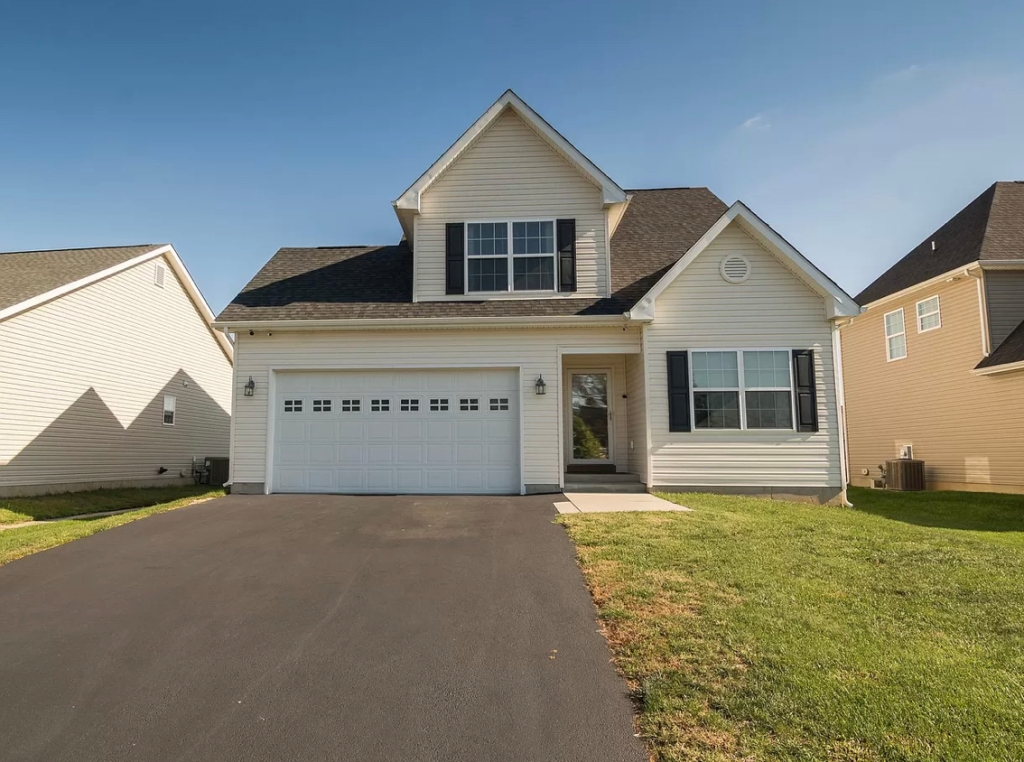
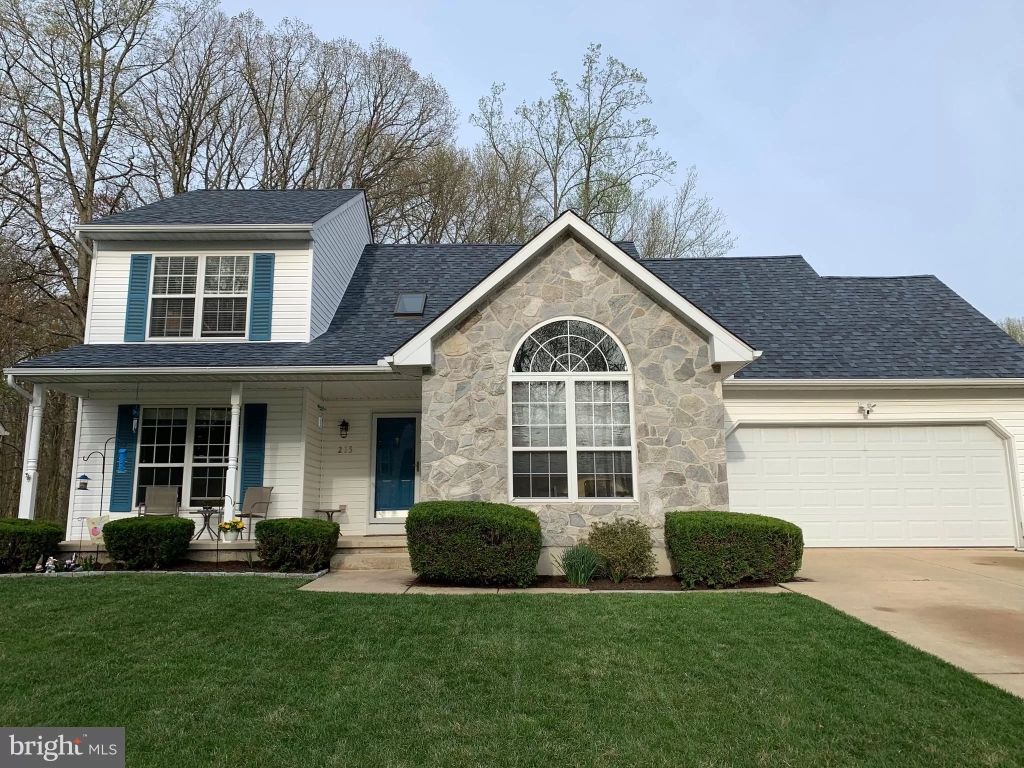
215 Arrowwood Dr
List Price: $365,000
Sale Price: $410,000
4 Bed 2.5 Bath in Newark, DE
48 Dominion Dr
Accepted Offer: $390,000
4 Bed 3 Bath in Smyrna, DE


896 Lincoln St
Accepted Offer: $170,000
3 Bed 1 Bath in Dover, DE
205 Old Spanish Ln
Accepted Offer: $179,900
Sold through referral in Jeannette, PA


6934 Spring Valley Ln
Accepted Offer: $166,000
Sold through referral in Export, PA
182 Landon Dr
Accepted Offer: $400,000
3 Beds 3 Baths in Dover, DE
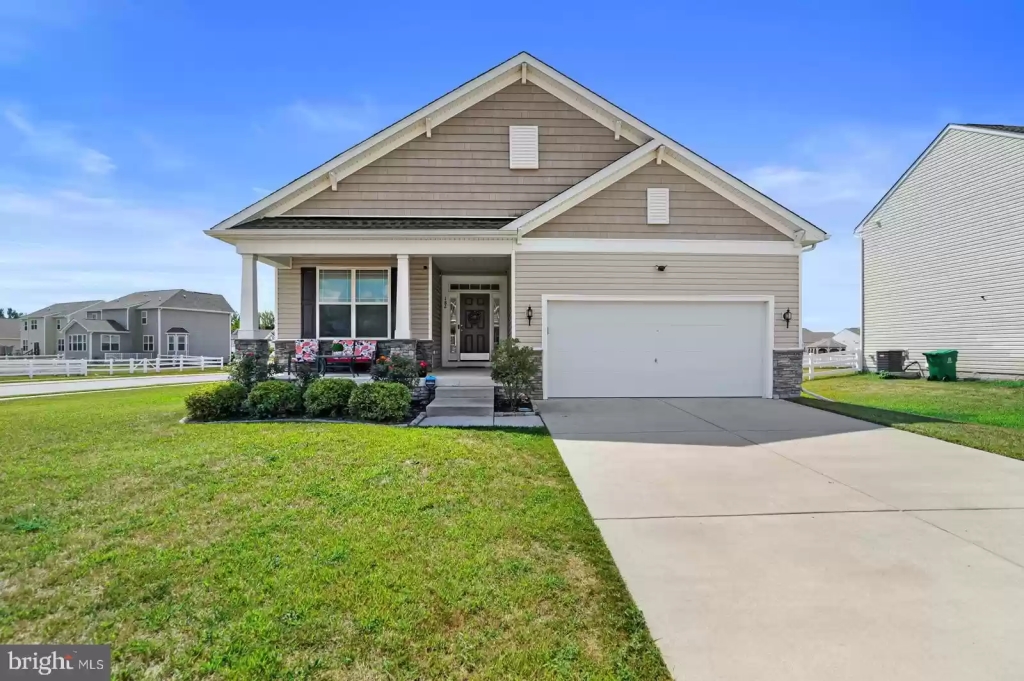
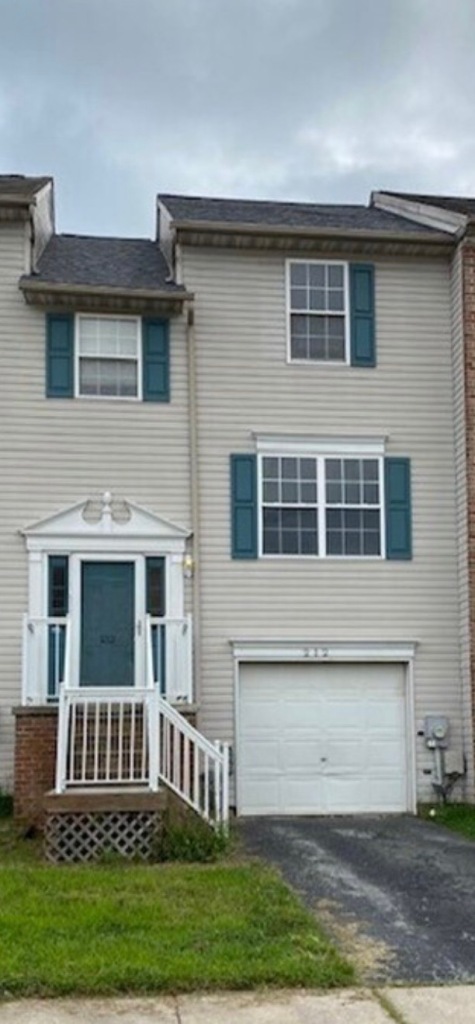
212 Bellwether Ct
Monthly Rent: $1,800
3 Beds 1.5 Baths in Newark, DE
612 Harvin Way
Accepted Offer: $284,900
3 Beds and 2 Baths in Brookhaven, PA
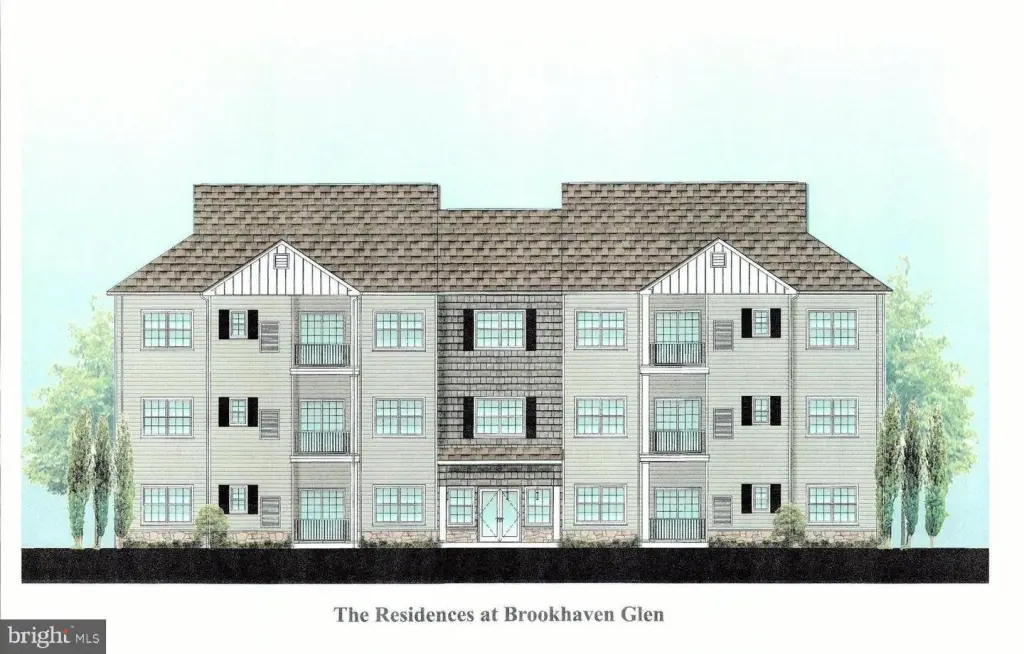

110 Fantasia Dr
Currently Listed for $345,000
3 Beds 1.5 Bath in Newark, DE
1025 N Madison St Unit C105
Listed for: $110,000
Sold for: $110,000
(Represented both Buyer and Seller)
2 Beds 2 Bath in Wilmington, DE

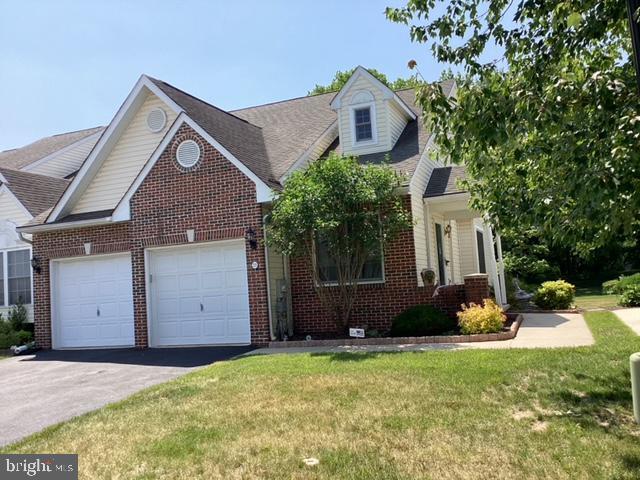
220 W Red Lion Dr
Accepted Offer: $365,000
2 Bed 2.5 Bath in Bear, DE
